Last week, as I walked past a busy newsroom TV—its screen wallpapered with chyrons about the latest 'Epstein files'—I flashed back to a simpler era: when headlines, not hashtags, decided what mattered. But 2025 has no chill. When news broke that President Trump's name surfaced in the newly spotlighted Epstein documents, I couldn't help but wonder: How much of this story is substance, and how much is political theater? And isn’t it telling that stories about accountability and justice now ride shotgun to partisan outrage and media spectacle? Buckle up. We're diving deeper than talking points and Twitter squabbles—into what these revelations suggest about democracy, the law, and America's appetite for both. (And yes, there will be detours, like what happens when the White House thinks it can outmaneuver a scandal with sheer news volume.)
Scandal or Sideshow? Parsing the Trump-Epstein Files
You’ve probably seen the headlines: President Trump’s name has surfaced in the ongoing Trump Epstein scandal, as reported by The Wall Street Journal. This latest twist in the Epstein files DOJ investigation has sparked outrage and speculation across the political spectrum. But what do the facts actually show, and how much is narrative?
According to confirmed reporting, the Department of Justice informed President Trump in May 2025 that his name appeared in the Epstein investigation files—alongside many others. The Journal, owned by Rupert Murdoch, was quick to clarify:
'Being mentioned in the records is not a sign of wrongdoing.'The DOJ echoed this sentiment, stating that their review of the Epstein case found no actionable evidence and recommended no further prosecution. In other words, President Trump’s inclusion in the files does not, by itself, indicate criminal behavior.
The Trump administration response was swift and familiar. A White House spokesperson dismissed the reports as “nothing more than a continuation of the fake news stories concocted by the Democrats and the liberal media just like the Obama, Russiagate scandal.” This framing isn’t new. If you recall, similar language was used during previous controversies, especially those involving Russia and the 2016 election. The administration’s strategy appears to be deflection—drawing attention away from the Epstein files DOJ investigation by reviving old political battles.
Meanwhile, the media landscape itself is under scrutiny. Some critics question the “liberal media” narrative, pointing out that The Wall Street Journal, which broke the story, is owned by 94-year-old Rupert Murdoch—a prominent Republican figure. This complicates accusations that coverage of the Trump Epstein scandal is simply a partisan attack. Research shows that media ownership can shape public perception, but it doesn’t always align with the political labels assigned by either side.
Elsewhere, legal maneuvers continue. In Florida, a judge recently denied a request to unseal grand jury transcripts from the Epstein investigation, stating that the court’s hands were tied. This decision keeps key details out of public view, fueling further debate about transparency and accountability in high-profile cases.
As the Wall Street Journal Trump lawsuit and related stories develop, you’re left to parse the difference between scandal and sideshow. The facts remain: President Trump’s name is in the Epstein files, but the DOJ and White House insist there’s no wrongdoing. The ripple effects—political, legal, and media-driven—are far from settled.
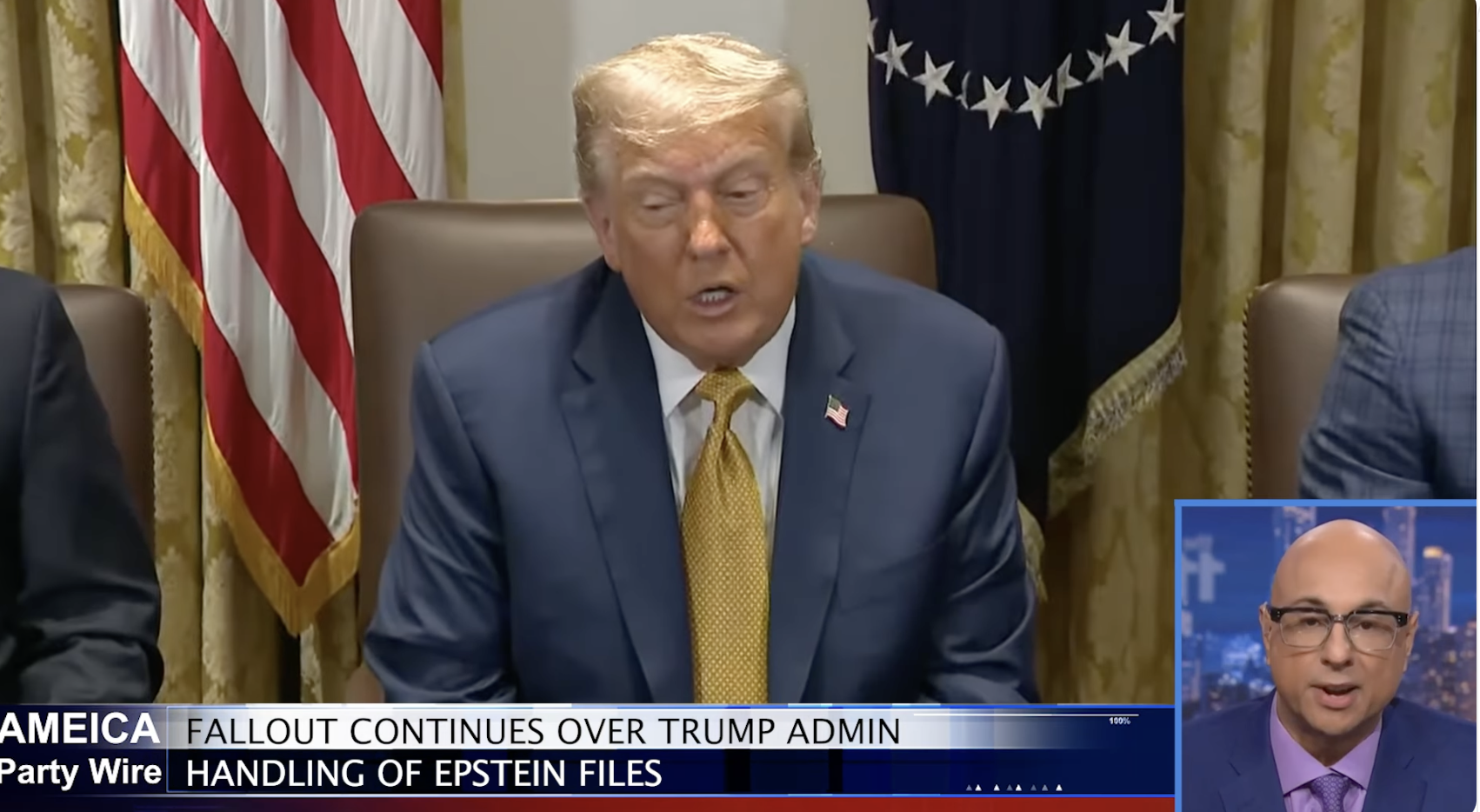
The ‘Epstein Effect’: Fear, Frenzy, and Fumbling the Message
If you’ve been tracking the latest headlines, you know the “Epstein effect” is now a fixture in American political analysis. The phrase, coined in recent conversations, captures how attempts to bury or distract from the Jeffrey Epstein scandal have only fueled more curiosity and chaos. In fact, one reporter recently remarked, “We should rename the Streisand Effect the Epstein effect.” This is, as another put it, “sort of like one of the biggest cell phones I’ve ever personally covered.”
From the start, the Trump administration response was to try to control the narrative. At first, officials believed they could simply shut down the story. When that failed, the strategy shifted to containment—then, to simply weathering the storm. But as research shows, these efforts to dominate the media narrative have largely backfired. Each new distraction—whether it was attacking President Obama, pushing trade policy, or even weighing in on sports team names—fell flat. The story only grew.
What’s driving this? MAGA media coverage of Epstein, along with a steady stream of conspiracy theories, has kept the scandal alive. Right-wing personalities, including Joe Rogan, continue to discuss the case daily. Even as the administration tries to pivot, the conversation refuses to move on. As one observer noted, “Anything with a one word is always a good scandal.” The word “Epstein” has become shorthand for a controversy that won’t disappear, no matter how many times the White House tries to change the subject.
This is more than just a failure of messaging. The so-called “Epstein effect” has created a ripple of distrust across the political spectrum. People are asking: What’s not being released, and why? The lack of transparency has only deepened suspicions. According to studies, the more the administration tries to manage the story, the more elusive the narrative becomes. The result is a political phenomenon where every attempt at distraction only amplifies the original scandal.
- Attempts to shift focus away from Epstein fall flat.
- MAGA media coverage and conspiracy theories create unintended backlash.
- Distrust grows as details remain undisclosed.
- White House distraction tactics only make the story harder to control.
In the end, the “Epstein effect” stands as a cautionary tale in political implications. When a scandal is this sticky, even the most seasoned media operators find themselves outmatched by the sheer momentum of public interest and relentless coverage.
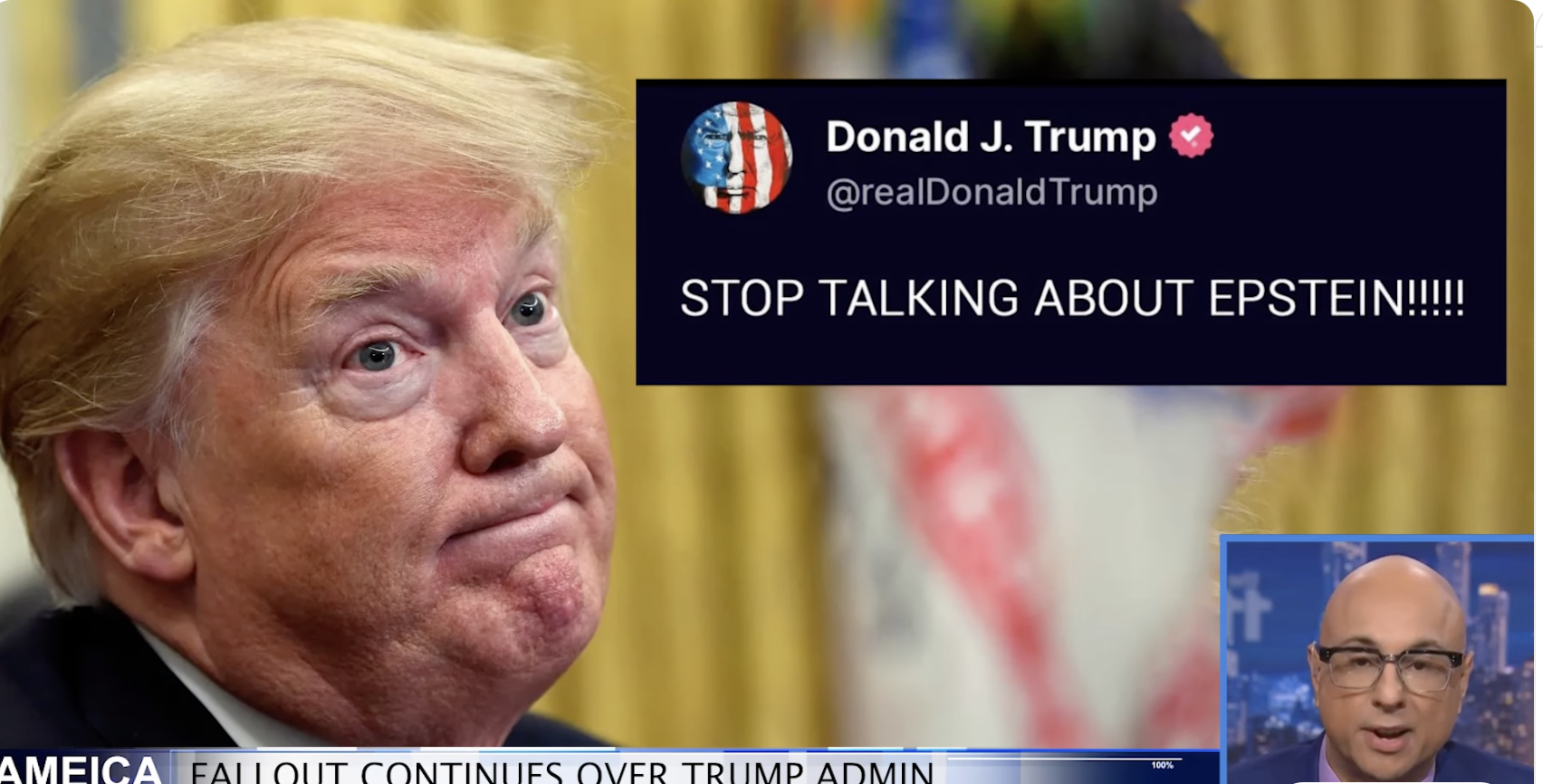
Victims in the Shadows: Media, Justice, and the Overlooked Human Cost
When you look at the headlines surrounding the Epstein scandal controversy, it’s easy to get lost in the political drama. Names like Trump and Epstein dominate the news cycle, and the public interest in Epstein documents often centers on who knew what, and when. But behind these headlines, there are hundreds of real victims—girls, mostly between the ages of 14 and 18—whose stories are too often left in the shadows.
As one journalist put it, “The most important point... there are real victims of this, of this case, and they've been long ignored.” Despite the ongoing release of public interest Epstein documents and the renewed focus on high-profile connections—like the recent revelation that Epstein attended Trump’s second wedding—coverage routinely sidelines the actual harm suffered by these young women. Instead, the narrative shifts to political intrigue, leaving survivor testimony and trauma underreported.
Some journalists, such as those on Lawrence’s show, have tried to shift the focus. They highlight the brutal testimony of survivors, describing how girls “aged out” of Epstein’s circle at just 18. The coverage is raw, often difficult to hear, but necessary. Still, as another voice noted,
“We’re still not hearing a whole lot about the devastation that was imposed upon these victims.”
The ripple effects of the Epstein scandal controversy continue to surface. New details about Epstein’s connections, including his presence at key events in Trump’s life, keep the story alive in the media. Yet, the victims’ stories coverage remains sparse. Instead, the conversation often veers into debates about tariffs, political fallout, or the mechanics of grand jury secrecy. The real human cost—the hundreds of underage girls whose lives were forever changed—gets lost in the shuffle.
Research shows that this pattern is not unique to the Epstein case. In major scandals, the media’s focus on political blame games can eclipse the experiences of those most affected. Calls for accountability and survivor-centered reporting are growing louder. Journalists and advocates argue that if we are to revisit these stories, we must do so with a renewed commitment to justice for the victims, not just a hunger for controversy.
As the Epstein victims’ stories continue to emerge, the challenge remains: will the media and the public finally center the human cost, or will the cycle of overlooked suffering persist?
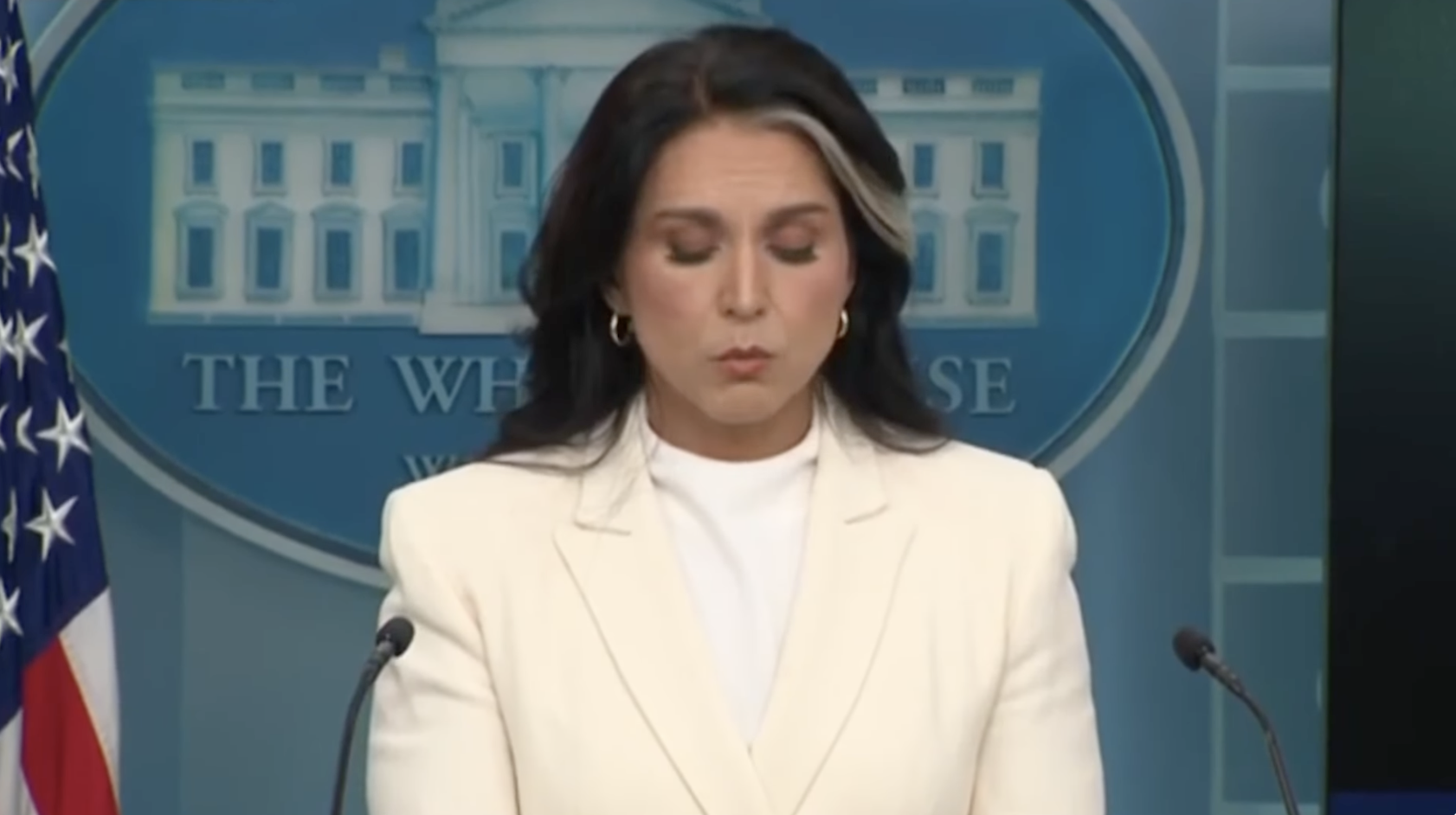
Political Shocks: Congress, Public Opinion, and the Republican Dilemma
The political implications of the Epstein scandal have reached a boiling point in Congress, with fallout disrupting the very business of government. In a dramatic move, House Speaker Mike Johnson canceled a key session, sending lawmakers home and signaling just how serious the controversy has become. The decision was not just about avoiding a vote—it was a clear sign of wider unease within the Republican party as the Trump-Epstein files continue to dominate headlines.
What started as a strategy to expose Democrats has now backfired, with the story impacting both parties. Yet, as more details surface, the spotlight has shifted squarely onto Donald Trump and the Republican party response to the Trump-Epstein connection. Reports indicate that even some Republicans joined Democrats in demanding action, forcing Johnson’s hand. As one observer put it, “this literally ground the government to a halt.”
For years, the Republican base has rallied behind Trump, often dismissing controversies as partisan attacks. But the Epstein files have changed the conversation. Now, some in the base are openly rejecting the standard Trump defense, raising fears of demotivation ahead of the 2025 elections. Research shows that defensive strategies risk alienating formerly reliable voting blocs, a pattern that echoes the GOP’s miscalculations in the 2018 midterms. Back then, defending Trump cost Republicans dearly at the ballot box—a lesson that seems to be repeating itself.
Speaker Johnson’s decision to send Congress into recess rather than face a divisive vote highlights the party’s internal divisions. As reporters note, interest in the Epstein scandal is growing among both voters and elected officials. The debate now centers on whether staunchly defending Trump serves the GOP’s electoral interests. Evidence from 2018 suggests it does not. In fact, about one-third of the electorate is considered swayable by the fallout, and the Republican base is far from unified.
As the grand jury secrecy issues in the Epstein case remain unresolved, the political costs for Republicans continue to mount. The party’s leadership, closely tied to Trump, faces mounting pressure as more content from the Epstein files emerges. One Republican strategist summed up the dilemma:
That’s what I would be worried about if I were the Republicans: the demotivation of the base in a midterm election.
With Congress at a standstill and public opinion shifting, the ripple effects of the Trump-Epstein scandal are reshaping the American political landscape in real time.
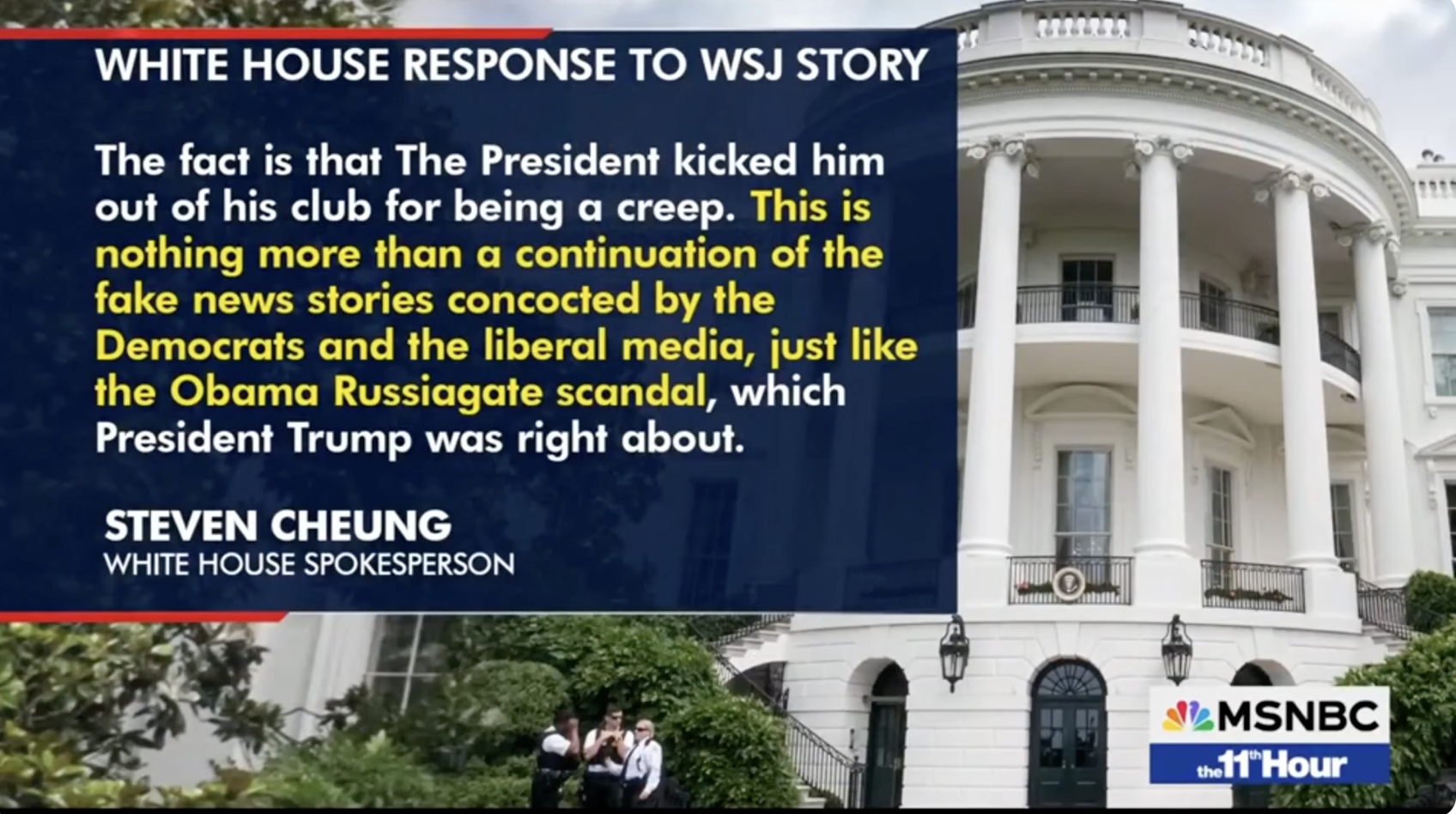 Press Freedom: When News Coverage Becomes the Story" />
Press Freedom: When News Coverage Becomes the Story" />Distraction, Drama, and Press Freedom: When News Coverage Becomes the Story
If you’ve tried to keep up with the news cycle lately, you know it’s become a whirlwind. The White House, facing mounting scrutiny over the Trump-Epstein files, has shifted into overdrive—rolling out new headlines every few hours. One moment, it’s talk of renaming a stadium in Washington. The next, it’s the release of Martin Luther King Jr. files. By the afternoon, it’s a surprise visit to the Federal Reserve. The result? Even seasoned reporters are struggling to keep up. As one correspondent put it, “In a normal world, the Fed would have stopped me in my tracks…”
This isn’t just a flurry of unrelated stories. It’s a calculated media blitz—classic political maneuvering designed to distract from the main scandal. As research shows, these attempts at distraction fuel public skepticism and erode trust in press independence. When the Trump administration response to the Epstein investigation makes headlines, you’ll often see a sudden pivot in messaging. Sometimes, these pivots come as frequently as every six hours, overwhelming both the public and the press.
But here’s where the dynamic has shifted. In the past, the MAGA media coverage of Epstein and related controversies would have synced up with the White House’s strategy, helping to redirect the conversation. Now, that alignment is faltering. The MAGA media sphere isn’t always moving on command. Instead, some outlets and influencers remain fixated on the Trump-Epstein files, refusing to be distracted. Meanwhile, mainstream media outlets—think WSJ, MSNBC, and a growing army of podcasters—are left chasing a barrage of stories, often at the expense of deeper analysis.
The result is a media spectacle that’s become a crisis in its own right. Press freedom and media suppression are suddenly at the center of the debate. The volume of coverage is so high that it overwhelms substantive discussion, deepening silos and polarizing the public. Financial issues, like the Federal Reserve Trump visit 2025 or new tariffs, are weaponized as political theater. As one observer noted,
“This is classic political maneuvering.”
For journalists and readers alike, the press has become a chessboard for political survival. The constant churn of storylines is a reality check for anyone who believes in media independence. And as the distractions pile up, the struggle for truth—and for trust—only intensifies.
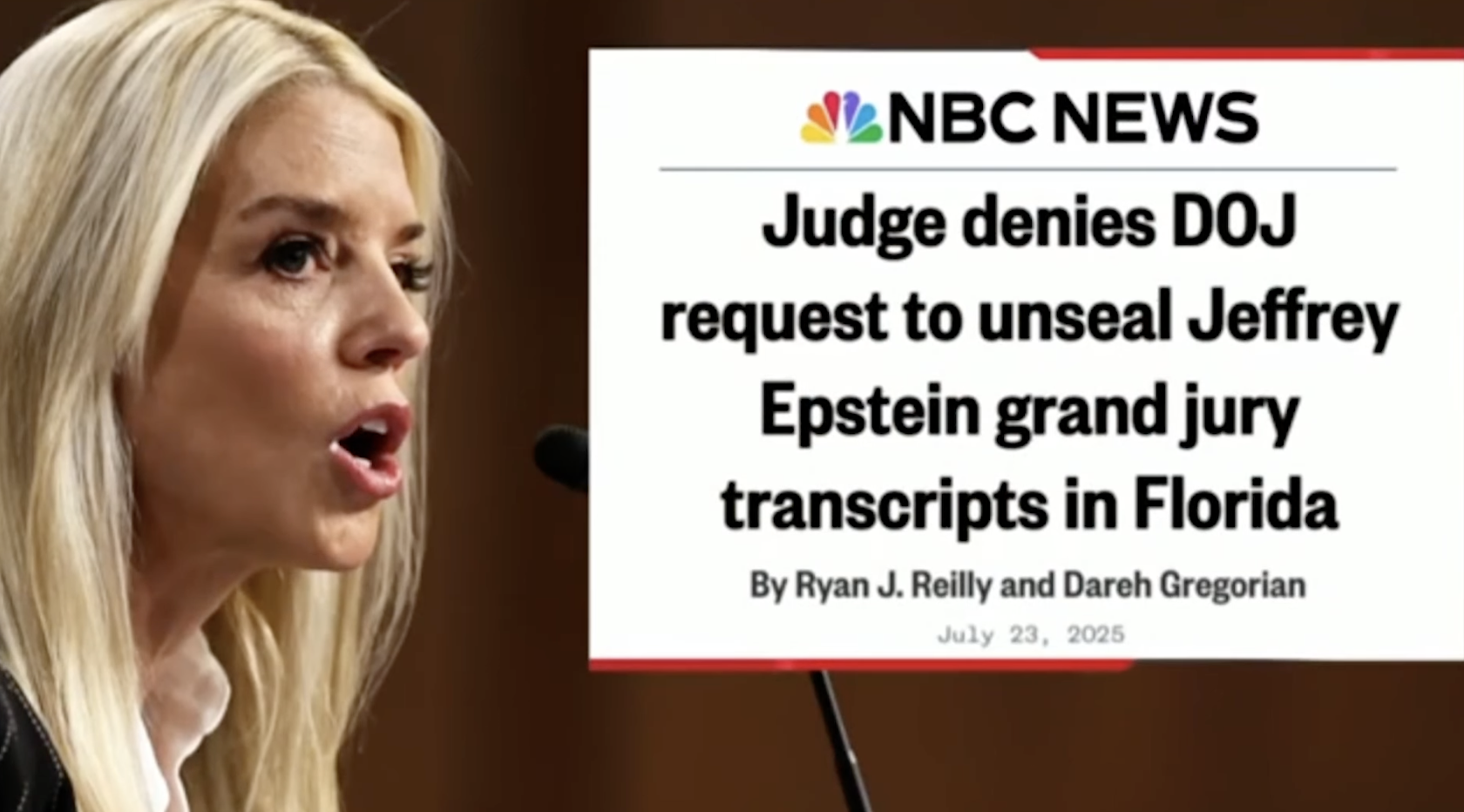
Conclusion: Democracy on Trial in the Age of Scandal and Spectacle
As the Trump Epstein scandal continues to dominate headlines, you’re witnessing a pivotal test of America’s commitment to justice and accountability. The ongoing Epstein files DOJ investigation has drawn President Trump’s name into the spotlight, fueling a political and media storm that shows no sign of fading. The Department of Justice’s clarification—that Trump’s appearance in the Epstein records does not imply wrongdoing—has done little to quiet public curiosity or the relentless churn of speculation.
In this environment, the media’s dual role as both watchdog and hype machine has never been clearer. Outlets across the spectrum, from mainstream networks to MAGA-aligned podcasts, have kept the Epstein victims stories and the political implications of the scandal front and center. As analysts have noted, the “Epstein effect” now resembles the Streisand effect: attempts to suppress or distract only intensify public interest. Even the White House’s efforts to shift the narrative—whether by attacking the press, invoking unrelated controversies, or launching lawsuits—have largely failed to stem the tide.
What’s at stake is more than just the reputation of one administration. The long tail of the Epstein files saga is shaping the very foundations of democracy in 2025. You see how both parties are affected, but the brunt currently falls on Trump and his allies, with Republican cohesion under threat and even staunch supporters expressing frustration. Congressional maneuvers, judicial appointments, and economic fallout from Trump’s tariffs all intertwine with the ongoing scandal, making it impossible to separate governance from spectacle.
Yet, amid the noise, the real stories risk being lost. The suffering of Epstein’s victims—girls whose voices have too often been sidelined—remains a stark reminder of what’s truly at stake. As one analyst put it,
'If we’re going to dredge the story up again, then let’s do it the right way this time.'That means focusing on facts, preserving press freedom, and ensuring that public interest—not partisan advantage—drives both reporting and political response.
Research shows that integrity in news and governance are inseparable from democratic health. As 2025 unfolds, expect even greater scrutiny—not just of candidates, but of the institutions shaping public perception. The onus is on all actors to choose transparency over theatrics. In the age of scandal and spectacle, the health of American democracy depends on it.
TL;DR: The Trump-Epstein files controversy isn’t fading—it’s transforming American politics, challenging press freedom, and shifting public focus from justice to spectacle. Expect lasting implications for the 2025 elections and beyond, as both legal accountability and media integrity stay on trial.
Hats off to 🎙 Original Content Source: The 11th Hour with Stephanie Ruhle – MSNBC (23 July 2025) 📺 YouTube Link 🎥 Channel: America Party Wire 📝 Licence: Creative Commons Attribution (Reuse Allowed) 📡 Shared for educational and political analysis under fair use for providing such insightful content. Don't miss it here: https://www.youtube.com/watch?v=l5bfUVVF9Ew.


